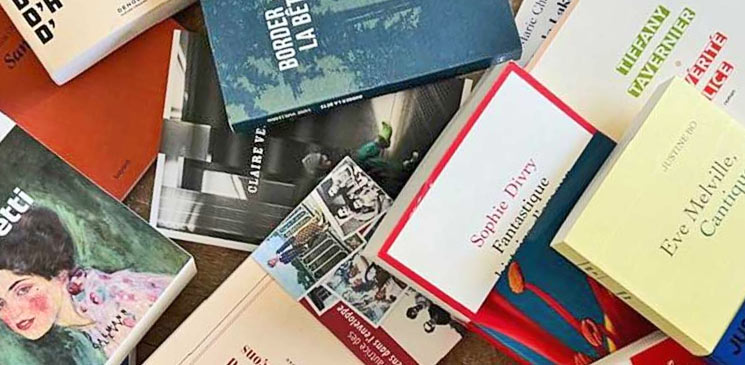Résumé:
The world today is far less a global village than a "global city", as global network of multidimensional urban spaces of congestion prominently forming - and also formed by - globalization. But the relevance of cities is nothing but new. They were essential for culture and civilization... Voir plus
The world today is far less a global village than a "global city", as global network of multidimensional urban spaces of congestion prominently forming - and also formed by - globalization. But the relevance of cities is nothing but new. They were essential for culture and civilization worldwide, they allowed a centralization of power and knowledge and they were crucial for the division of labor and for the organization of mass demand. Further, as places of intense and continuous interactions, cities are the locations par excellence for global history to take place. Thus, there is a need to study the history of cities in connection with the history of globalization from this perspective. This book is dedicated to contribute to the still underdeveloped but growing literature connecting the history of cities worldwide and their relation to global processes. The authors do so from various disciplinary backgrounds and by referring to different times and places. We visit ancient Alexandria, nineteenth century Zanzibar, and modern-day São Paolo, among others, and we view these cities not only in their globality, but also through their heritage, their economic relevance, their architecture, or financial flows connecting them. Further, the book also contains systematic considerations about "global city", especially the general role of cities in development, cities in global history teaching, and cities' relationships to global commodity chains.
Donner votre avis















